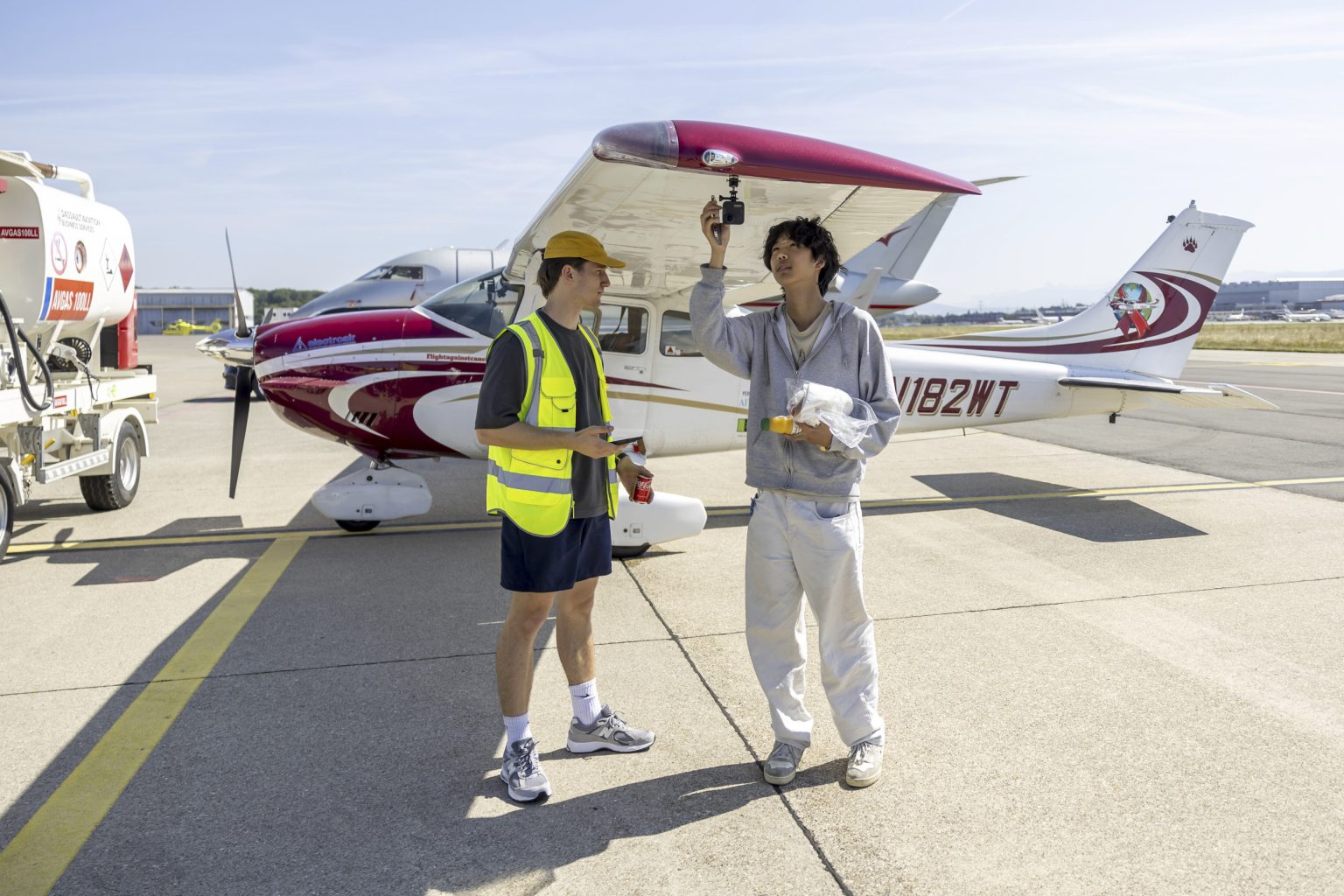Young American Pilot Released After Antarctic Detention
In a remarkable conclusion to a journey that captivated millions online, 20-year-old American social media influencer and pilot Ethan Guo has been released after spending two months detained at a Chilean military base in Antarctica. The young aviator, who was attempting to become the youngest person to fly solo to all seven continents as part of his “Flight Against Cancer” fundraising initiative, was freed on Saturday and transported to mainland Chile aboard a Navy vessel. His release comes with significant penalties: $30,000 in fines and a three-year ban from Chilean territory. Despite the ordeal, Guo expressed gratitude toward his Chilean hosts, telling the Associated Press, “The Chilean people have been incredibly hospitable, they’ve been fantastic people. They’ve taken care of me. They’ve taught me Spanish, and they’ve treated me like family.”
Ethan Guo’s story is one of extraordinary ambition and purpose. The Asian American pilot from Tennessee began his aviation journey at just 13 years old and earned his private pilot license by 17. With impressive credentials including over 700 flight hours, instrument flight rating certification, and having already flown to all 48 contiguous U.S. states and crossed the Atlantic Ocean three times, Guo embarked on his seven-continent mission with both a personal and humanitarian goal. The inspiration behind his global flight came from his cousin’s cancer diagnosis in 2021, spurring him to launch a fundraising campaign aimed at collecting $1 million for St. Jude Children’s Research Hospital. His motivation was deeply rooted in addressing global healthcare inequality—while childhood cancer survival rates exceed 80 percent in the United States, they fall below 20 percent in many developing countries. This stark disparity became the driving force behind his record-breaking attempt.
The young pilot’s Antarctic troubles began on June 28 when he landed his single-engine Cessna 182Q in Chile’s Antarctic territory. Chilean authorities immediately detained Guo, alleging he had provided false flight plan information and violated his authorized flight path. According to prosecutors, Guo was only permitted to fly over Punta Arenas in southern Chile but continued southward toward Antarctica, where he landed without proper authorization. His lawyer, Jaime Barrientos, presented a different account, claiming Guo “did receive authorization from Chilean authorities” and only landed due to deteriorating weather conditions. Barrientos characterized the detention as “a total exaggeration.” During his two-month detention at the military base, Guo endured the harsh Antarctic winter with limited communications and temperatures plummeting well below freezing—an unexpected challenge for the young pilot who had set out with such optimistic goals.
The social media dimension of Guo’s journey adds another layer to this international incident. With over 1.4 million followers on Instagram and more than 6.6 million likes on TikTok, Guo’s adventure was being followed by a massive online audience. His attempt to break a world record while simultaneously raising funds for cancer research resonated with followers worldwide, making his unexpected detention all the more dramatic. The contrast between the carefully planned, inspirational narrative of his journey and the reality of spending two months at an Antarctic military base during winter highlights the unpredictable nature of such ambitious undertakings. Throughout the ordeal, his substantial social media following remained engaged with his story, turning what began as an inspiring aviation challenge into an unexpected international incident that captured widespread attention.
The conditions of Guo’s release reflect both punishment and a nod to his charitable mission. A Chilean judge ordered that he must donate the tens of thousands of dollars raised during his mission to a childhood cancer foundation within 30 days—a stipulation that aligns with Guo’s original charitable intent, though likely not in the manner he had envisioned. Additionally, he must leave Chile immediately and is banned from returning for three years. These consequences serve as a reminder of the serious legal implications of unauthorized entries into foreign territories, even when done in pursuit of humanitarian goals. Despite these penalties, Guo’s release marks the end of a uniquely challenging chapter in what had already been an extraordinary journey for someone so young.
As Ethan Guo prepares to return home, his experience offers profound lessons about the intersection of youthful ambition, international boundaries, and regulatory compliance in pursuit of humanitarian goals. While his attempt to become the youngest person to fly solo to all seven continents has been interrupted, the publicity surrounding his detention may ultimately bring more attention to his cancer research fundraising mission than a successful flight might have achieved. His ordeal illuminates the complex realities faced by those who push boundaries—geographic, physical, and regulatory—even when driven by noble intentions. As he departs Chile, Guo leaves behind not only an Antarctic adventure cut short but also a powerful story about resilience, international relations, and the unexpected challenges that can arise when ambitious dreams meet geopolitical realities. Despite the significant setbacks, the young pilot’s journey continues to inspire conversations about both the possibilities and limitations of individual action in addressing global challenges like cancer research.


